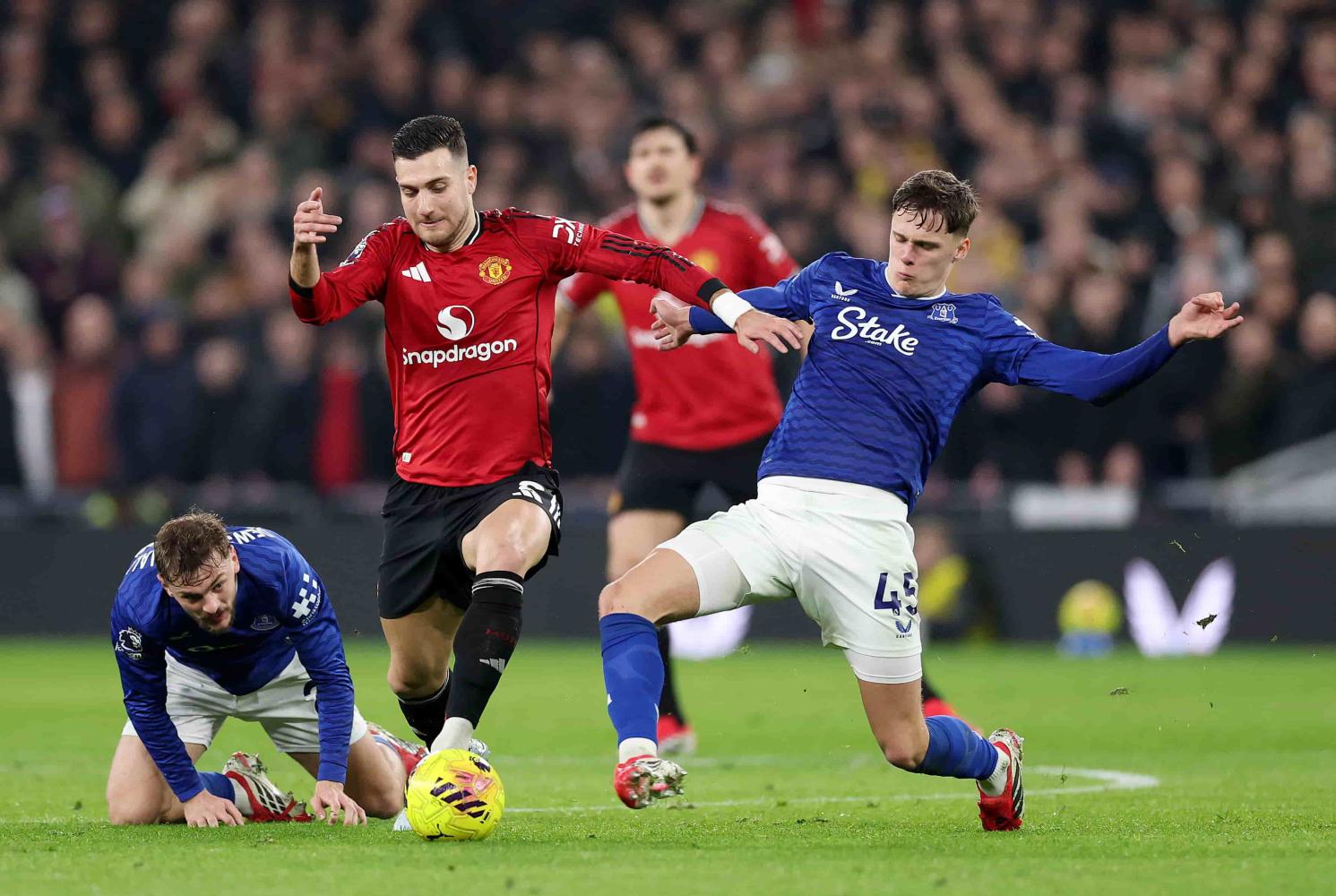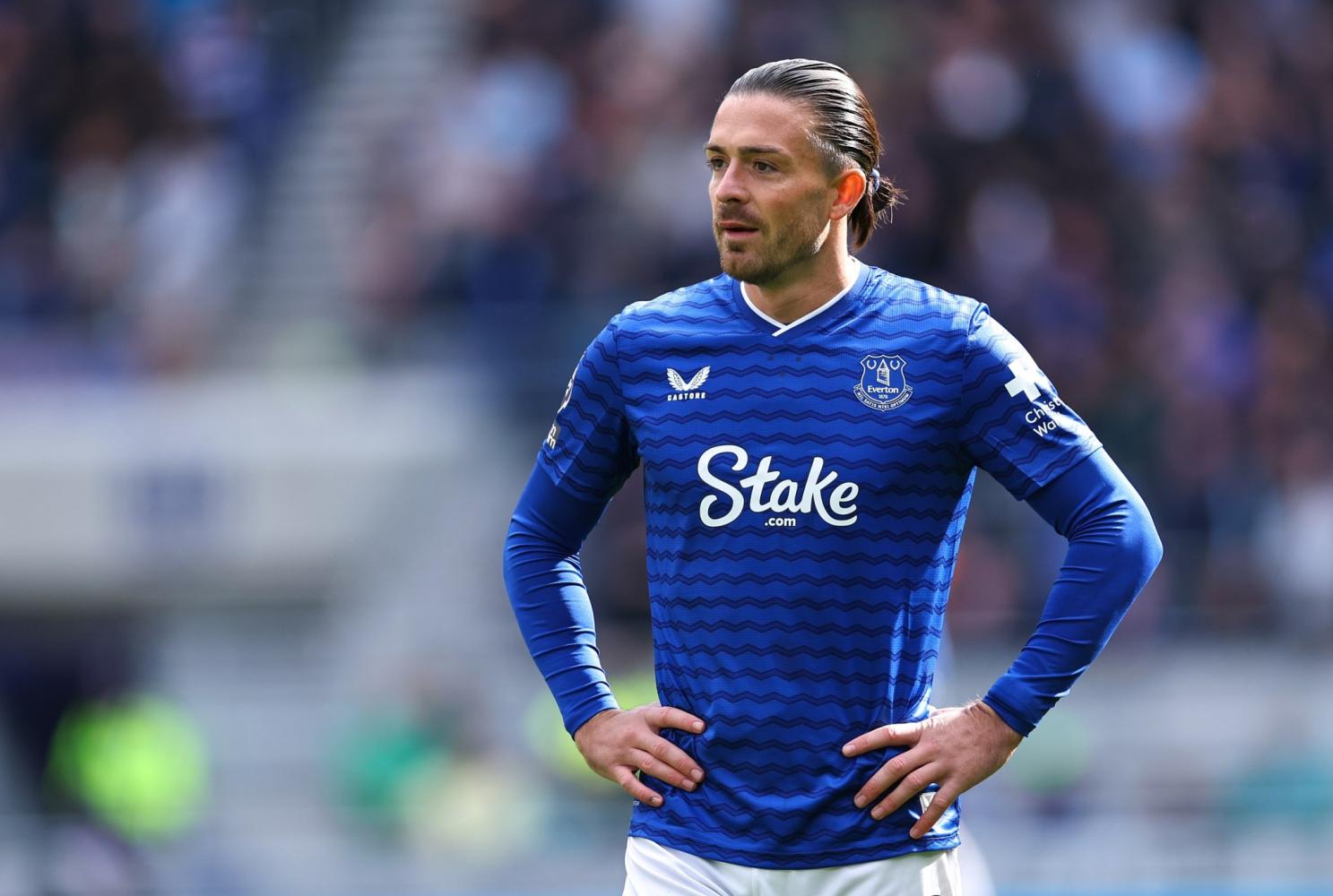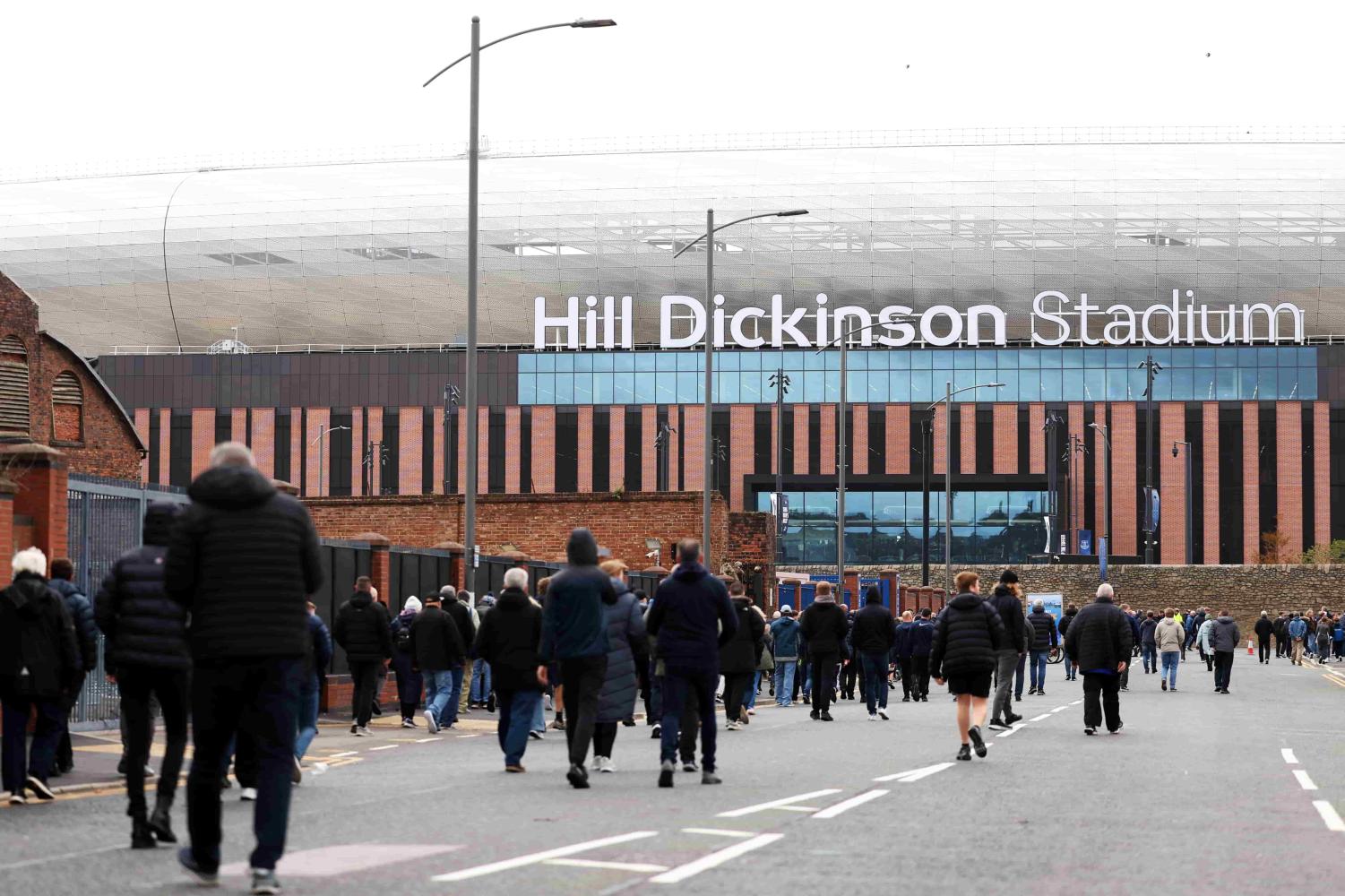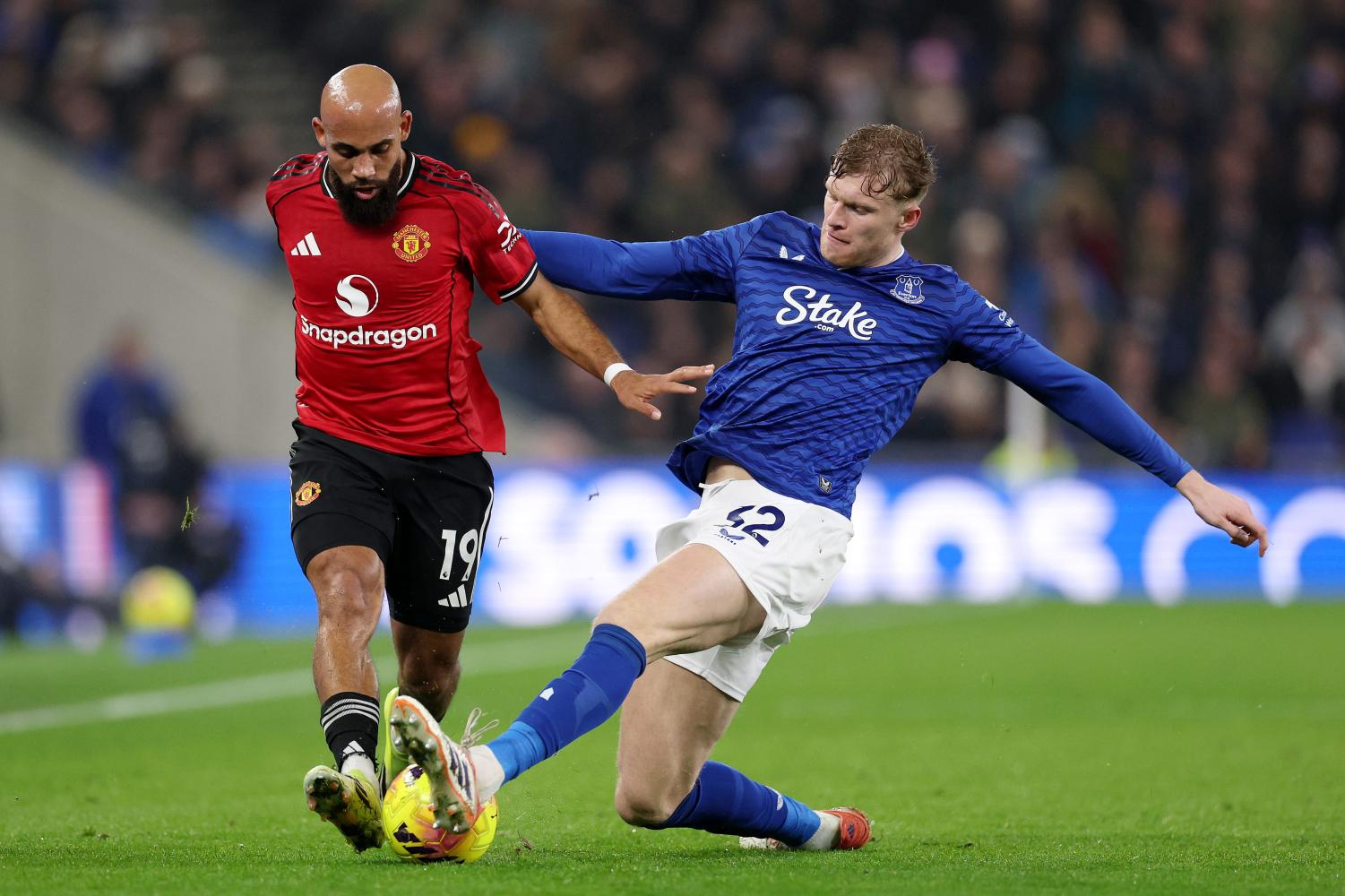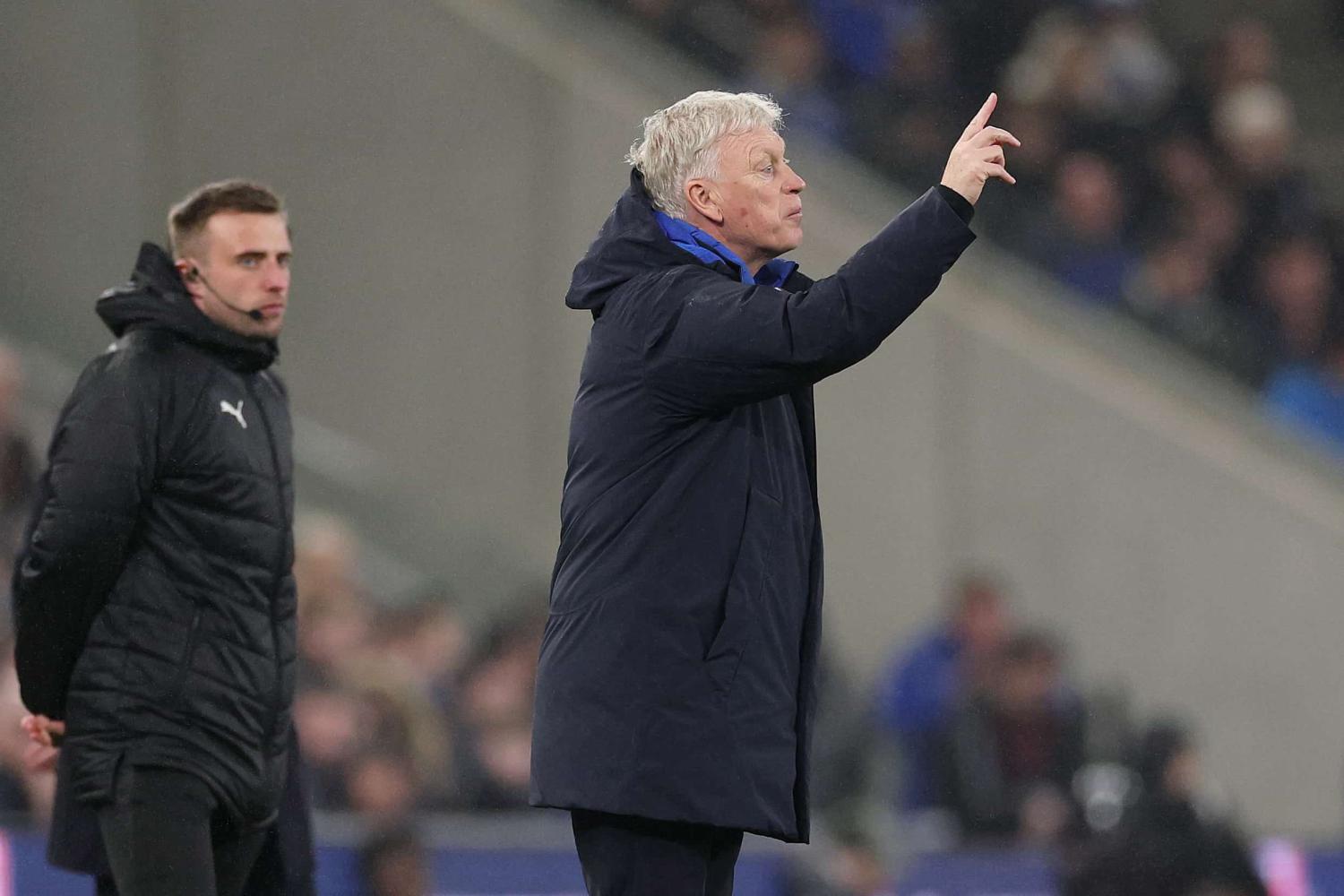ToffeeWeb Viewpoint
| The Blame Game With the media running bleating that Walter Smith has been hard done by and blaming everyone from Everton's Board of Directors to the fans for hounding him out, Lyndon Lloyd argues that it wasn't his lack of achievement that got him sacked but the horrific way his team has played this season, coupled with the realisation that he had no idea how to rectify the situation. 13 March 2002
During his 3 years and 8 months as Everton manager, Walter Smith led a curiously charmed life with the national press. Barely a whisper of criticism was leveled at him for Everton's alarming slump in performance and league placing since November. Now that his dismissal has been confirmed, journalists, the League Managers' Association and some Everton fans are bemoaning Bill Kenwright's decision as cruel and unwarranted. Perhaps the list of managerial casualties before him, the boardroom turmoil of the late 1990s, the catalogue of injuries, and the shoestring budget with which he had to deal had afforded the dour Scot immunity from blame for the current crisis at Goodison Park. Whatever the reasons, it is clear that few people in the press empathised with the growing discontent the fans felt towards Smith's recent record and the standard of fare served up on the pitch, discontent that boiled over into outright calls for his head as the club slid towards the relegation trapdoor. As outsiders, the obvious target for the media has been the Board of Directors. While they must share their share of the blame for disorganisation in other areas at the club, the blame for performances on the field this season rest with Smith and the players. And much has been made of the burden of expectation that Everton's beleaguered fans place on their team and those in charge of it, with the supporters' expectations also being held responsible for Smith's premature exit. That merely serves to illustrate how deeply the media misunderstands the collective psyche of the Goodison faithful. And how would they or could they comprehend when they pay so little attention to Everton Football Club as a whole these days? The simple fact is that we as fans understand the financial shackles that are tying the hands of the club's administration and preventing us from competing with the game's elite. No one is expecting Everton to be challenging in the top 5 of the Premiership and, given the injury crises and the departures of some star players of the past two seasons, we aren't surprised that the team has had such a hard time trying to attain a berth in the top half of the table. What angers the fans so much is the complete dearth of direction, imagination, enterprise, guile and determination in Smith's teams. What the Goodison faithful wouldn't have given for some passing football, a clever free-kick or corner routine, or a daring formation with two wingers over past few months. And saying that he didn't have the players to do it just doesn't wash because they showed very early on that they had the makings of a good side. Since the ritual collapse in November, Walter Smith offered up nothing but one-dimensional football executed by players playing out of their natural positions with no hint of a settled formation or line-up. It is a supreme irony that he often complained about injuries preventing him from fielding a consistent lineup, but spent the last weeks of his Goodison reign swapping his better performers in and out of the starting lineup from one game to the next. Tactically, he proved what Rangers fans have been saying for years, i.e. he is utterly clueless, delaying crucial substitutions until the last 10 minutes of the game (the team's performance in the 0-0 home draw with Leeds United two weeks ago improved tenfold with the introduction of Ginola and Gravesen with 11 minutes to go; how different things might have been had those changes been made at half time after Dominic Matteo had been sent off?), employing defenders as strikers and playing left-backs over on the right. His teams often didn't get going until the second half — and often not even then! — starting most games looking like the players had never met each other and had no idea what their responsibilities were. If there was a plan, it didn't look like it. While his counterparts in the opposition dugouts were often hives of activity in their technical area, Smith for the most part remained apparently passionless and withdrawn from action on the pitch. His trademark post-match description of every defeat as "disappointing" made it look as though he didn't care about the standard of football his team had just served up, and it soon began to grate on supporters who demand passion from everyone connected with the club. Despite his early successes against the financial odds, the signs have been there for a long time that Smith was not the man capable of returning Everton to the upper echelons of the domestic game, despite his best intentions and the faith installed in him by Bill Kenwright. Even with a more or less fit squad at his disposal, Smith's team was prone to wild fluctuations in form and results. Surprise demolitions of opposing teams when everything seemed to have fallen into place were followed by weeks of under-achievement and failure to build on those successes. Perhaps the best illustration of this was the run-in to the end of the 1999/2000 campaign, Smith's best season in almost four years at Goodison. Having followed up the 5-0 thrashing of Sunderland on Boxing Day with a series of disappointing, possibly complacent displays that didn't see them win a league game for another 6 weeks, Smith's Everton seemed to have found their form with a mesmerising 4-0 pummeling of West Ham at Upton Park. The result put the Blues in 7th position with 12 games to go and thoughts of Europe in the minds of the expectant supporters. Maddeningly, they were to win just two more games all season and threw away a top 10 finish on the final day of the season when a 2-0 home defeat by Middlesbrough consigned Everton to 13th place. In retrospect, that three month spell — when the likes of Barmby, Hutchison, Jeffers and Campbell were producing the goods on the field and a more or less settled side had the club's best finish in four years in their sights — encapsulated the failure of Smith and Archie Knox to motivate the players from week to week and get them playing to a consistent game-plan. It seemed as Smith was canny in the transfer market but unable to produce a winning side from the players at his disposal. Indeed, Smith's greatest strength appears to lie in his ability to spot a good signing. Kevin Campbell, David Weir, Gary Naysmith, Marco Materazzi, Olivier Dacourt, Thomas Gravesen, Tomasz Radzinski, Steve Watson, Jesper Blomqvist, Niclas Alexandersson, Tobias Linderoth; all examples of good players whom Smith signed in his time at Everton. However, in most cases, he failed to get the best out of those players and the combination of bad performances, financial constraints and player ambition led to many of his high profile squad members leaving the club for pastures new. It is ironic that one the chief defences of Smith's rein has been the lack of funds made available to him to strengthen his squad while his talent in this area meant that he actually assembled a decent squad of players that, once again, looked to have finally turned the corner in the autumn of 2001. An unbeaten start to the season saw Smith's side top of the Premiership after three games, but his side's embarrassing attempts to overturn 9-man Tottenham in front of the Sky cameras at the end of August foreshadowed equally dismal performances against Manchester United, Liverpool and Crystal Palace — the latter the last in a series of cup humiliations by lower division opposition under Smith's tenure — part of a 4-match losing sequence. Again, things seemed to be looking up in September when Everton lashed five goals past West Ham with no reply, but they registered just three wins between then and the end of the year. The arrival of another injury crisis that decimated Smith's squad was chiefly to blame for the downturn in form in the winter, but the manager's dogged insistence on playing defender Steve Watson up front instead of playing Joe-Max Moore — a striker by trade — didn't offer any offensive outlet and it only increased concerns about his tactical ineptitude. It wasn't the fact that Everton weren't heading for a top half finish that precipitated the fans' calls for Smith's sacking, it was the stark realisation in Smith's last three games in charge that they couldn't see where the next win was coming from. Even when faced with a "cup final"-type situation — as was arguably the case against 10-men Leeds and at West Ham recently — his team played even worse; not the sort of motivational skills you need for a last-ditch battle for Premier League survival. At times over the past 4 years, Walter Smith looked like he was the man for the Everton job. After all, he did take control of a team that had just survived relegation by the skin of its teeth, bought wisely and guided the club to safety in his first season. There were spells when his team played the best football since Colin Harvey's reign a decade ago. However, instead of fostering a style of football befitting the legend of the School of Science, his team has got steadily worse, and the coaching and management staff must bear a large part of the blame for that. Time will tell if the current crop of Everton players, stuffed as the squad is with internationals, are capable of so much more than recent performances have suggested, or if Smith really was the problem. Judging by the fact that the former Rangers man failed consistently to get the best from the array of talent he had at his disposal at varying times of his Goodison tenure, in the long term his departure will probably be seen as the right move. But no one is expecting everything to be rosy in the Everton garden any time soon, no matter who is in charge — but we'd settle for Premiership survival and the accolade of being the first English club to play 100 seasons in the top division.
Lyndon Lloyd
|


